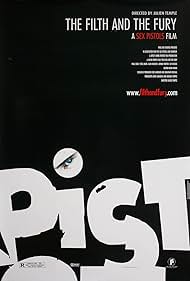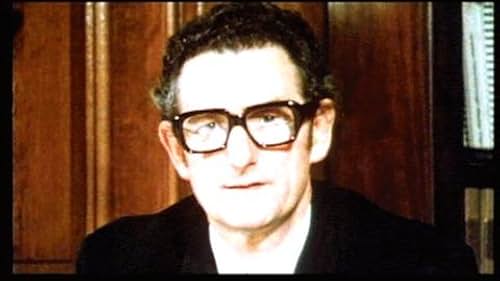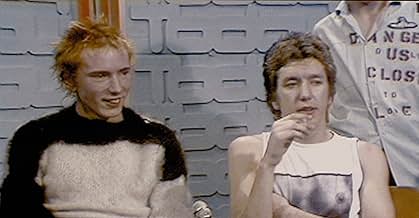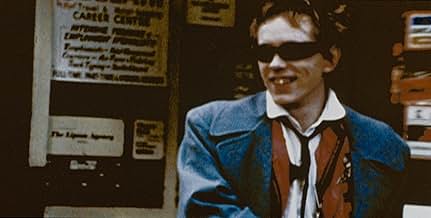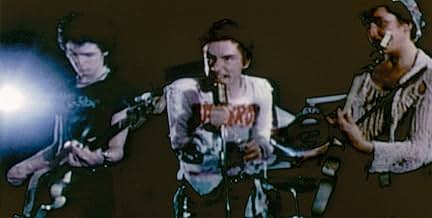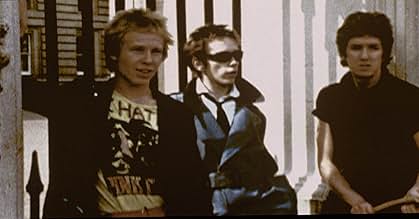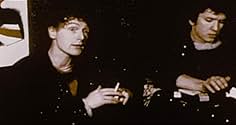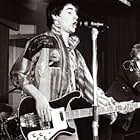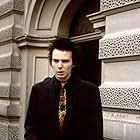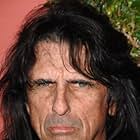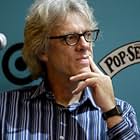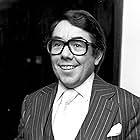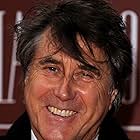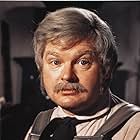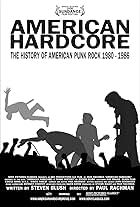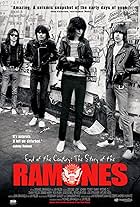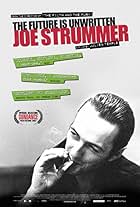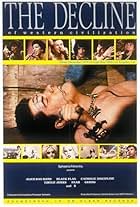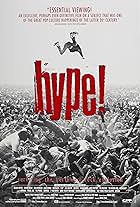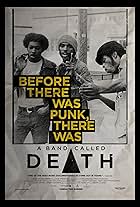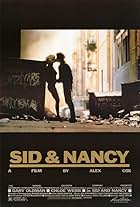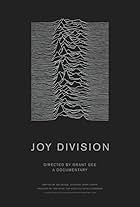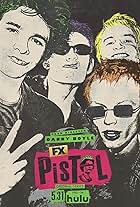A film about the career of the notorious punk rock band, the Sex Pistols.A film about the career of the notorious punk rock band, the Sex Pistols.A film about the career of the notorious punk rock band, the Sex Pistols.
- Awards
- 3 wins & 1 nomination
- Self
- (as Johnny Rotten)
- Self
- (archive footage)
- Self
- (archive footage)
- Self
- (archive footage)
- Self
- (archive footage)
- Self
- (archive footage)
- Self
- (archive footage)
- Self (Sex Pistols' lawyer)
- (archive footage)
- Woman in crowd
- (voice)
- Self
- (archive footage)
- Self
- (archive footage)
- Self
- (archive footage)
- Self
- (archive footage)
Storyline
Did you know
- Quotes
Bill Grundy: Beethoven, Mozart, Bach and Brahms have all died...
John Lydon: They're all heroes of ours, ain't they?
Bill Grundy: Really... what? What were you saying, sir?
John Lydon: They're wonderful people.
Bill Grundy: Are they?
John Lydon: Oh yes, they really turn us on.
Steve Jones: But they're dead!
Bill Grundy: Well, suppose they turn other people on?
John Lydon: [under his breath] That's just their tough shit.
Bill Grundy: It's what?
John Lydon: Nothing, a rude word. Next question.
Bill Grundy: No, no, what was the rude word?
John Lydon: Shit.
Bill Grundy: Was it really? Good heavens, you frighten me to death.
John Lydon: Oh, alright, Siegfried...
- ConnectionsFeatured in Siskel & Ebert: The Beach/Snow Day/Holy Smoke (2000)
- SoundtracksGod Save The Queen
(Symphony)
Written by Paul Cook (as Cook) / Steve Jones (as Jones) / Glen Matlock (as Matlock) / John Lydon (as Lydon)
Courtesy of Sex Pistols Residuals for North America
Courtesy of Virgin Records Ltd. for the rest of the World
I was in NYC in '76, when it was first breaking for the national press, and I hung around CBGBs under a number of pseudonyms, trying to write reviews and articles on bands that nobody ever heard of, many of them breaking up before I could dot the last "i" in the last paragraph. And I tried out a couple bands of my own, weird blends of Iggy and the Velvet Underground. But I was really an outsider (coming from upstate); and when the London scene started shipping singles over, I knew that, for whatever reason, my heart was really more into "Anarchy" and "White Riot" than the metal-surf-music of the Ramones or early Blondie. But this disjunction of 'right time wrong place' or whatever, allowed me to see the development of Punk in a way others seem content to ignore.
The fundamental problem that Punk never resolved (and current neo-punks are still struggling with it), is, whether Punk was to be a continuance of the "counter culture" of the '60s in different guise, or just another pop-music for sexually frustrated young people. This sounds like an empty theoretical issue, but it has one all-important concrete aspect to it no one can ignore - money. Did (do) punks make music to make music - or to make money? That question was never answered; or, perhaps, every punk answered (answers) it in his/ her own way. Yet once we begin adding up all the individual answers, most of them sure come out sounding like "money". Yet the memory of Punk survives largely because it seemed to be about anything other than money; so the dilemma continues.
That dilemma surfaces again in this film, especially in the discovery of the wretched rip-off Pistols manager Malcom McLaren pulled, not only on the audience, but on the Pistols themselves. The brief moments from the (thankfully unfinished) "Who Shot Bambi?" make it very clear that McLaren had not the slightest clue as to who the Pistols were, or what they represented. Yet he not only continued to guide their career after their break-up, but is warmly mentioned in Griel Marcus' scholarly history of Punk, "Lipstick Traces", which will probably bear influence on punk histories, long after the last "photo-album" paperback turns to dust. Yet it is clear that from the get-go McLaren's only interest was the profit.
The Pistols were right, and are right, to ignore questions concerning their "materialism" or "selling out", since they were never part of the hippies' 'anti-materialism' ideal to begin with, and because they never denied a desire for some paycheck (which they almost never got from McLaren). But also plain is their desire to make the music of the UK working-class slums from whence they came.
All of this comes to a head in the brief yet unforgettable tragedy of Sid Vicious - for whom music meant freedom, and money meant - heroin. But junky 'rockstars' don't play at commercial venues to make music. He ended up in NYC, which by then had a punk scene swarming with record-co.-exec vermin dealing dope and poseur sycophants trying to score. Eventually all that was left was the heroin, and it killed him.
This film won't resolve any of these issues; but it may help raise them, and place them in a proper light. I can't agree that it is a well-made film - the editing, which is very flashy, is also somewhat vapid, and goes out of control too often. But there's adequate reminder of the era of the Pistols here, and why it was many of us thought, at the time (and still believe) that the Pistols were the most important rock band in history.
The segment from the final performance at Winterland is worth the price of the film: same-old same-old music concerts are "no fun" and Jones and Rotten (knowing they've been betrayed by McLaren into performing for the corporate music world they hated) rub our noses in it until they've had enough and stalk off. If you can see this - and know what it's about - and still pay $200 to see Mick Jagger pull his wrinkled pud at you at the age of 65, you don't need a movie review, you need a psychiatrist.
- How long is The Filth and the Fury?Powered by Alexa
Details
- Release date
- Countries of origin
- Official site
- Language
- Also known as
- La mugre y la furia
- Production companies
- See more company credits at IMDbPro
Box office
- Gross US & Canada
- $612,192
- Opening weekend US & Canada
- $13,305
- Apr 2, 2000
- Gross worldwide
- $612,433
Contribute to this page

